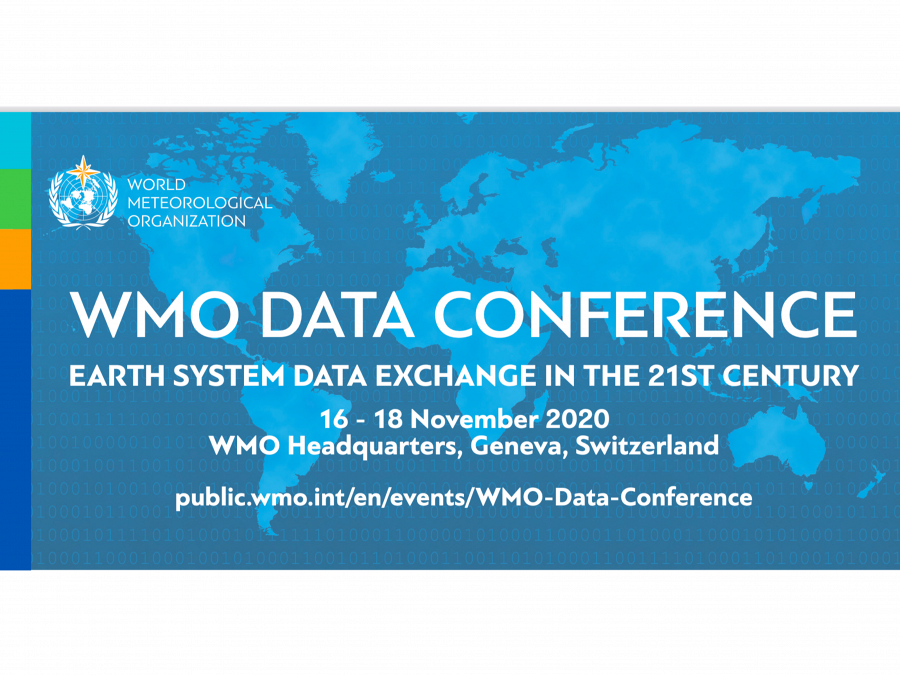
WMO Data Conference

The World Meteorological Organization and its predecessor, the International Meteorological Organization, have coordinated and regulated the free and unrestricted international exchange of observations and other meteorological data for the last 150 years. Building on this exchange, dramatic progress has been made in weather forecast and climate analysis capabilities over the last few decades.Since the establishment of WMO in 1950, the activities of the organization have expanded into areas such as atmospheric composition, hydrology and space weather, leading to a holistic approach to Earth system modelling and prediction being adopted as a strategic priority of the Organization. In parallel, the explosive growth in demand for weather, climate and other environmental data from all sectors of society has led to a dramatic increase in the involvement of entities outside the traditional group of WMO National Hydrological and Meteorological Services in monitoring and prediction efforts.In view of these developments, it is timely to review the WMO requirements and arrangements for data exchange, and the Data Conference is intended to provide a venue for involving a broad group of stakeholders in this review. The Conference is expected to formulate recommendations to WMO and its partner organizations and stakeholders regarding current needs and modalities for data exchange and specifically regarding the ongoing WMO review of its data policies.The Conference is expected to lead to: Each of four theme sessions will feature guest speakers and contributed papers, and conclude with a moderated panel discussion with audience participation.The closing session will formalize the conference outputs.Interpretation in official UN languages will be provided as required.Virtual participation will be accommodated. For information, registration, or to submit an abstract, please contact: DataConference(at)wmo.int
General
Expected Outcomes
Contact